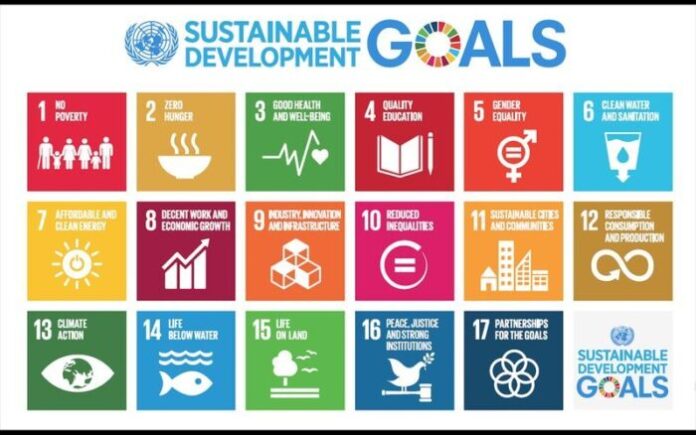
What impact will the Coronavirus emergency have on the dimensions of sustainable development? What are the goals of the 2030 Agenda on which this crisis is most affected? What are the effects on the indicators that measure the country’s sustainability? The Italian Alliance for Sustainable Development (ASviS) answered these questions with an analysis articulated in various documents to help predict how the pandemic caused by Covid-19 will change our world, our values, our preferences and choices, individual and collective.
“Some wonder if this crisis will stimulate the change of the current development model in the direction indicated by the 2030 Agenda, or if the urgency to face the economic damage that the crisis will produce will have to emerge over all other needs, favoring the creation of jobs, but neglecting the environmental aspects or potential inequalities that classic economic recipes can cause, “said ASviS spokesman Enrico Giovannini.
The composite indexes for the 17 Sustainable Development Goals are immediately concerned. The ASviS assessment focuses on the short-term effects of the crisis (i.e. during 2020), assuming the elimination of the current restrictions on the mobility of people and the conduct of economic activities by the month of June. The analysis was carried out by weighing and balancing various factors, such as the characteristic of the indicator and its behavior in the years of the 2008-2009 crisis.
“We intend to contribute to the reflection on the impact of the epidemic crisis to try to answer the questions that today, all over the world, stimulate the debate on the possible consequences of the pandemic – continues Giovannini – Today we present the first evidence, together with a draft policy proposal with the Inequalities and Diversity Forum to improve welfare tools under the motto of the 2030 Agenda Nobody is left behind in the discussions of these days “.
These are the forecasts. For Goals 1 (poverty), 4 (Education), 8 (Economic and employment condition), 9 (Innovation), 10 (Inequalities) the expected impact is largely negative, while for Goals 7 (Energy system), 11 (Sustainable cities and communities), 13 (Fight against climate change) and 16 (Peace, justice and solid institutions) a moderately positive trend can be expected. For Goals 6 (Clean water), 14 (Flora and aquatic fauna) and 17 (Partnerships) in 2020 the impact should be substantially zero, while for the remaining six Goals the impact is uncertain: in some cases, in fact, it was possible to imagine a clear relationship between crisis and indicator, while in other cases improvements and worsening tend to offset each other.
“This analysis denies, once and for all, the idea that an economic crisis” is good “for sustainable development as defined by the 2030 Agenda which includes the economic, social, environmental and institutional dimensions,” said the spokesman for the ASviS, reiterating the invitation to the Government and Parliament so that “the regulatory measures under discussion are always accompanied by an assessment, albeit qualitative, of their expected impact on the various dimensions of sustainable development”.
Just to show the usefulness of this approach even in a situation such as the current one, ASviS has examined the “Cura Italia” law decree and for each article has identified the objectives most impacted. From the analysis it emerges that the provisions of the Decree mainly concern Goal 3 (Health and Wellness), for the numerous measures to strengthen the National Health Service; Goals 8 and 9; Goals 1 and 10, due to the economic support measures for families, workers and businesses. Finally, Goal 16 is influenced by interventions on public administrations, the continuity of the postal service, law enforcement, the management of justice and the functioning of penitentiary institutions.
Looking instead at the climate crisis, for ASviS “the interruption of production activities planned by the Government to face the health emergency will lead to a general improvement of all the indicators related to climate change. In particular, there will be a sharp reduction in CO2 emissions “, even if in itself this reduction in the short term will not give benefits. What is needed today is a structural change.



































